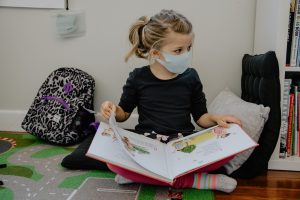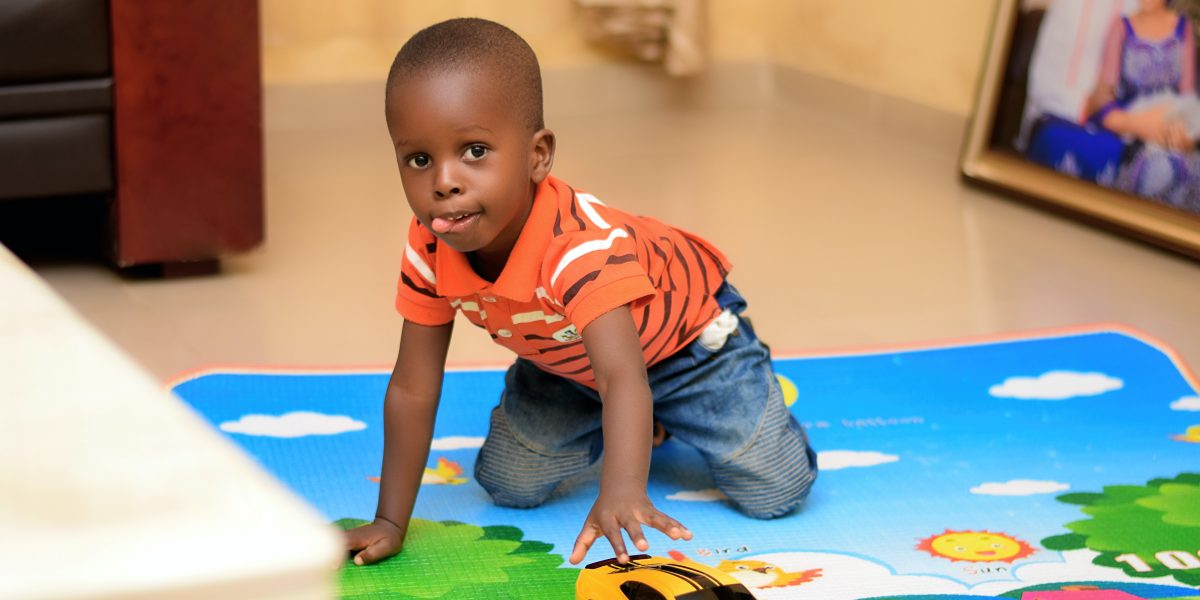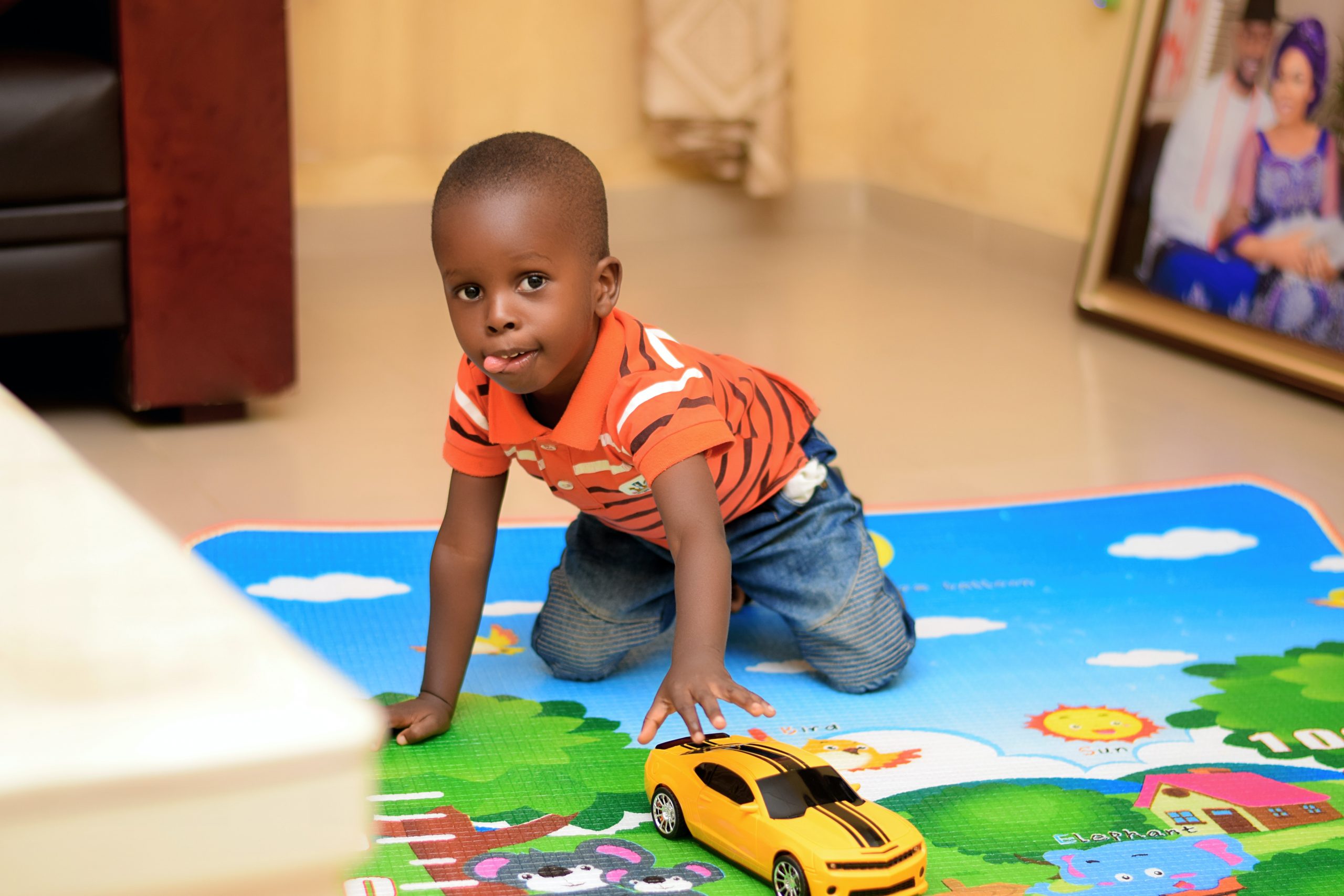
A Closer Look at Dyslexia
November 2, 2021
Understanding Dyslexia: A Day In The Life Perspective
November 18, 2021
Dyslexia is a language-based learning disability. Dyslexia can appear as a challenge in decoding unfamiliar words, spelling, a slow reading pace, using correct grammar, a slow writing pace, understanding and using language to express oneself verbally or in writing (Visit the International Dyslexia Association for more information).

A major consideration is whether there is a family history of difficulty in learning to talk or read. It has been recognized that dyslexia “runs in families” for over a hundred years. The estimates range from 30 to 60 percent of children having a parent or sibling with dyslexia will also have some difficulty in learning to read. About as many boys as girls are later diagnosed with a reading disability.
Preschoolers don’t typically read. So, how can a parent recognize that language is lagging in their youngster? In general, by 12 months of age, a child should say approximately 10 words – mama, dada, ball, car, go, bye-bye are examples. When the parent names an object the child can point to it, such as “doggie” or “car.”
By age two, children can say approximately 20 words, understand “no,” point to body parts and put two words together such as “go bye-bye” or “my ball.”
By age three, a child can say their first name, has a vocabulary of around 400 words and asks questions – “Where’s Mom?” or “What’s that?” Children at this age try to elicit attention from adults. The child can answer “Where” questions. When an adult names a color the child can point to an item of that color. The child can also name common objects.
By age four, a child can relate a simple series of events in a logical sequence. They might be telling you what happened in a story or what they did with Grandma. They can speak in 4- to 5-word sentences. Their vocabulary is close to 1,000 words.
The child who later displays a challenge in acquiring reading skill may have been a youngster whose language was delayed or difficult to understand. Parents describe them as “A man of few words,” or they say, “She lets her brother talk for her.” While the child can talk, they talk only when they must. The child will respond to “yes or no” questions but not spontaneously add more information. Parents may notice that the child has a much smaller vocabulary than peers. It may be difficult for those outside of the family to understand what they are saying.
A good resource is the American Speech, Hearing and Language Association (ASHA) for information on typical language development in the preschool years. ASHA also has suggestions for activities that parents can engage in with their child to develop language skills.
If you suspect that your child has a language or other developmental delay and is less than three years old, every state has an early Intervention program that provides evaluations and treatment, if warranted. In Ohio the program is called “Help Me Grow,” and in Kentucky it is “First Steps.” The services are free.
Beginning at age three, contact your local school district. You are looking for the person in charge of Early Childhood Education. If your child is found to have a language delay, they may be eligible for free services, such as preschool, within the school district.
If you are worried, there is no harm in having your child evaluated and receiving services – it is at no cost to you! We know that the earlier intervention begins, the better the outcome.
Learn more about Dyslexia by joining our programs on Dyslexia on November 9 and December 2, 2021. Beginning in January our Parent Book Club will be discussing the latest edition of Dr. Sally Shaywitz’s book: Overcoming Dyslexia, 2nd Edition All are welcome to join our virtual discussions.
Blogger Lisa Bruns, M.Ed., Special Education, shares her expertise of students with learning disabilities. As a special educator, she has expert knowledge of interventions and accommodations that students may need to succeed in and out of the classroom. If you have questions, please contact Center Director Lisa Bruns at .



